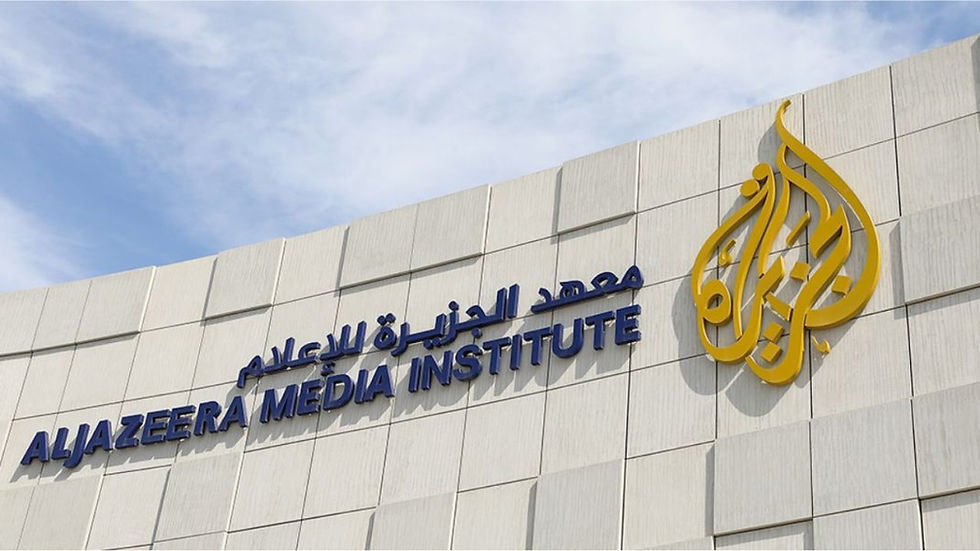Apply for the United Nations OHCHR Indigenous Fellowship Programme 2020– Human Right Training
- Get In Edu-Consulting
- Sep 16, 2019
- 2 min read

Brief Description
The Indigenous Fellowship Programme was launched in 1997 by the Office of the High Commissioner for Human Rights (OHCHR) in the context of the first International Decade of the World's Indigenous People. The aim of the programme is to give indigenous persons the opportunity to gain knowledge on the UN system and mechanisms dealing with human rights issues in general and indigenous issues in particular. Trained participants are better equipped to assist their organisations and communities in protecting and promoting their rights. This training programme is available in 4 languages: English, Spanish, French and Russian.
Please note that the deadline to receive applications for the 2020 English language component of the Indigenous Fellowship Programme is: 30 August 2019.
The English language component of the Indigenous Fellowship Programme (IFP) was established in 1997. It takes place at the Office of the United Nations High Commissioner for Human Rights (OHCHR) in Geneva, Switzerland and lasts for 4 weeks, usually coinciding with the annual meeting of the Expert Mechanism on the Rights of Indigenous Peoples (EMRIP).
The objective of this training programme is to enhance the knowledge of indigenous peoples on existing international human rights instruments and mechanisms, so they can use them to more effectively advocate for the rights of their communities and raise their concerns at the international level. At the end of the Programme, trained fellows are also in a better position to share and give training sessions on the knowledge gained to their indigenous communities and organizations.
The training combines theoretical sessions with briefings on the UN system, OHCHR mandate and activities, international Human Rights instruments (Treaties, Conventions, Declarations) and mechanisms (Human Rights Council, Treaty Bodies, Special Procedures) - including those more specifically dealing with indigenous issues (UN Declaration on the Rights of Indigenous Peoples, ILO Convention 169, the Permanent Forum on Indigenous Issues, EMRIP). Practical assignments and exercises also help better integrate the theory. Fellows are also given the opportunity to actively participate in the annual meeting of EMRIP. Additionally, they get introduced to the work of other UN and specialized agencies (ILO, WIPO, UNESCO, UNICEF) and of Geneva-based Human Rights NGOs, including DoCip.
Benefits
Participants of the Fellowship Programme are entitled to the following: a return ticket (economy class) from their country of residence to Geneva; a daily or monthly stipend to cover their basic needs in Geneva, including modest accommodation, food and transport; basic health insurance for the duration of the Programme. OHCHR will not cover any additional expenses such as visa fees and travel insurance.
For more information, click here



Comments